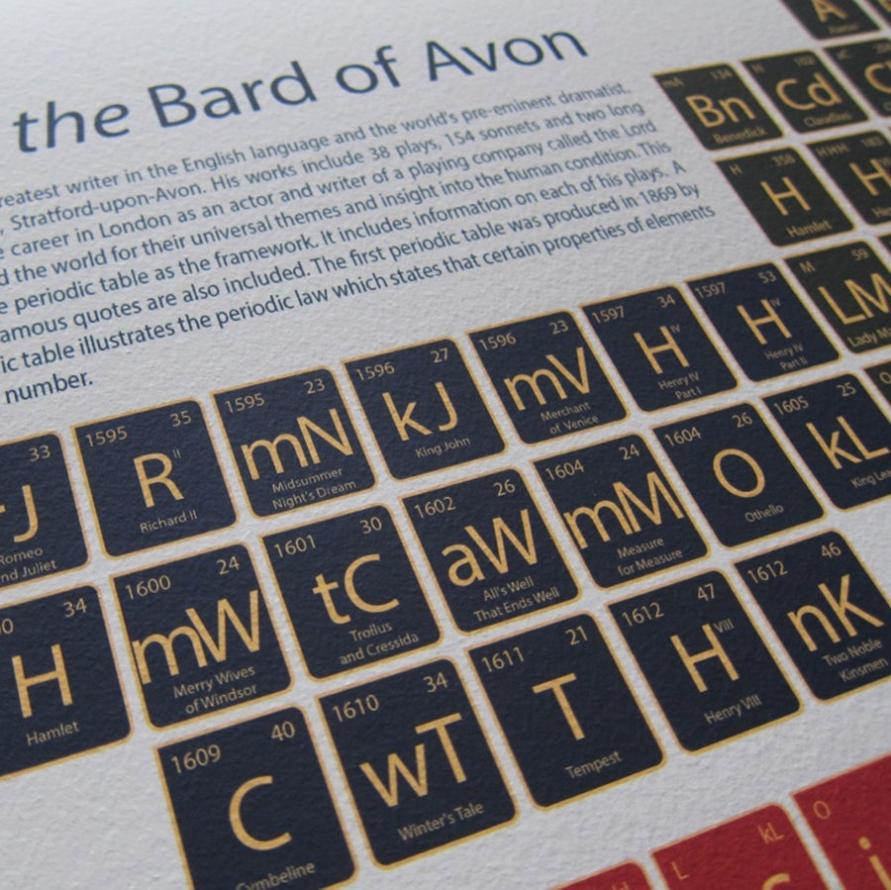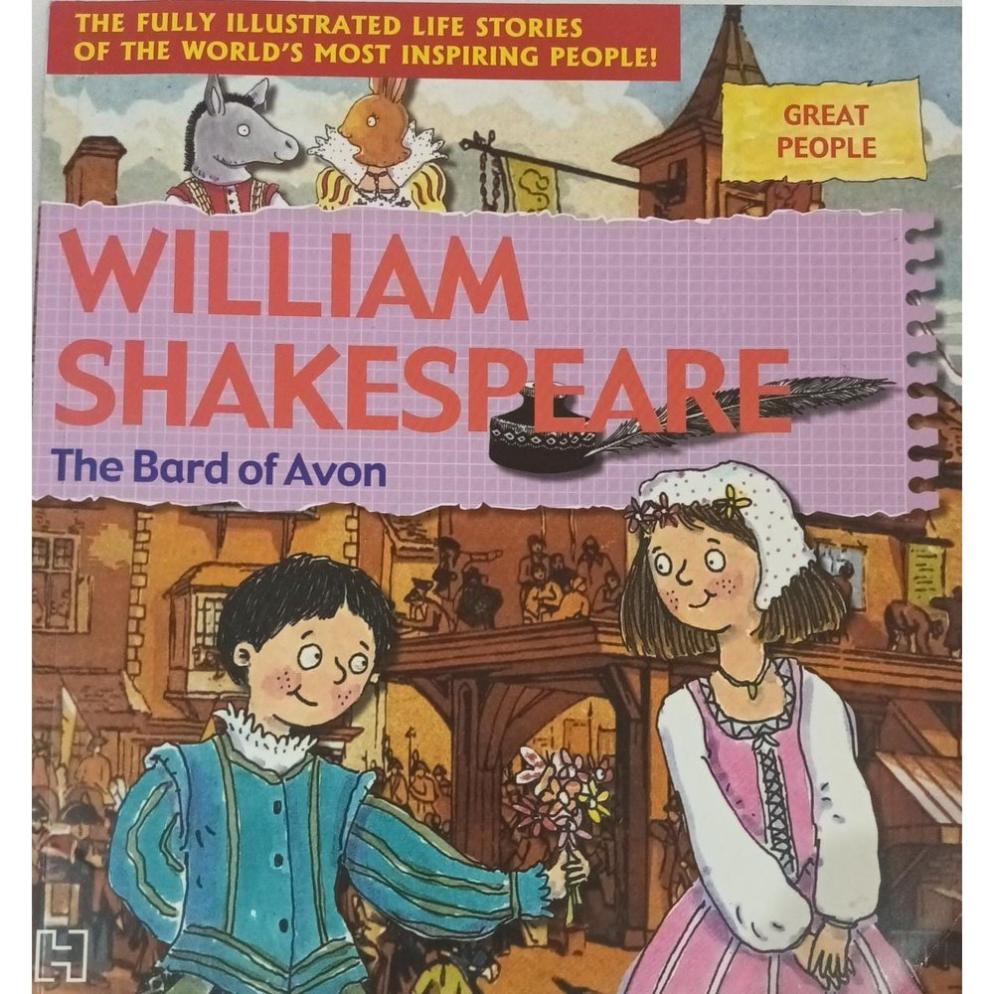What Are the Most Significant Adaptations and Interpretations of Shakespeare's Plays?
Introduction

William Shakespeare, often referred to as the Bard of Avon, is widely regarded as one of the greatest writers in the English language and the world's preeminent dramatist. His plays have captivated audiences for centuries, transcending time and cultural boundaries. This article delves into the realm of adaptations and interpretations of Shakespeare's plays, exploring how they have been reimagined and reinterpreted to suit different eras, cultures, and perspectives.
Adaptations of Shakespeare's Plays
Film Adaptations:
The history of Shakespeare's plays being adapted into films is extensive and diverse. Filmmakers have long been drawn to the timeless appeal and universal themes of his works, resulting in numerous cinematic adaptations.
- Notable film adaptations include Baz Luhrmann's vibrant and energetic "Romeo + Juliet" (1996), Kenneth Branagh's visually stunning "Hamlet" (1990), and Justin Kurzel's gritty and visceral "Macbeth" (2015).
- These adaptations have reimagined Shakespeare's plays for a modern audience, employing innovative cinematic techniques, contemporary settings, and diverse casts to engage and captivate viewers.
Stage Adaptations:

The tradition of adapting Shakespeare's plays for stage productions is equally rich and varied. Renowned theater directors and companies have interpreted his works through innovative staging, unique set designs, and distinctive acting styles.
- Peter Brook's groundbreaking production of "A Midsummer Night's Dream" (1970) employed a minimalist approach, focusing on the play's dreamlike and fantastical elements.
- Deborah Warner's acclaimed adaptation of "King Lear" (2016) featured an all-female cast, offering a fresh perspective on the play's themes of power, betrayal, and redemption.
Other Adaptations:
Beyond film and stage, Shakespeare's plays have been adapted into various other forms, including operas, ballets, and graphic novels.
- Giuseppe Verdi's opera "Otello" (1887) is a powerful adaptation of Shakespeare's "Othello," capturing the intensity and tragedy of the play through music and drama.
- Gareth Hinds' graphic novel adaptation of "Hamlet" (2006) presents the play's iconic characters and themes in a visually striking and accessible format.

Interpretations of Shakespeare's Plays
Historical Interpretations:
Shakespeare's plays have been interpreted through the lens of different historical periods, reflecting the evolving values, beliefs, and perspectives of society.
- The Victorian era saw Shakespeare's plays interpreted with a focus on moral lessons and didacticism, while the 20th century witnessed a shift towards psychological analysis and character exploration.
- These historical interpretations have shaped our understanding of Shakespeare's plays and continue to influence contemporary productions and adaptations.
Cultural Interpretations:
Shakespeare's plays have also been interpreted in diverse cultural contexts, offering unique perspectives on his work.
- The Japanese Noh theater adaptation of "Macbeth" incorporates traditional Japanese aesthetics and performance techniques, resulting in a distinct and captivating interpretation.
- August Wilson's African-American interpretation of "Othello" in his play "Jitney" (1982) explores themes of race, identity, and community, providing a fresh and insightful perspective on Shakespeare's tragedy.
Gender and Identity Interpretations:
In recent decades, Shakespeare's plays have been interpreted through the lens of gender and identity, shedding new light on his characters and themes.
- Feminist readings of plays like "The Taming of the Shrew" have challenged traditional interpretations, highlighting the play's exploration of gender roles and power dynamics.
- Queer interpretations of plays like "Twelfth Night" have explored the fluidity of gender and sexuality, offering alternative readings of Shakespeare's characters and relationships.
Conclusion
Adaptations and interpretations of Shakespeare's plays have played a crucial role in keeping his work relevant and accessible to contemporary audiences. They have allowed us to appreciate the timeless themes and universal human experiences explored in his plays from diverse perspectives and through different artistic mediums.
Encouraging readers to explore different adaptations and interpretations of Shakespeare's plays can lead to a deeper understanding and appreciation of his work. It is through these adaptations and interpretations that Shakespeare's plays continue to resonate with audiences worldwide, transcending time and cultural boundaries.
YesNo

Leave a Reply